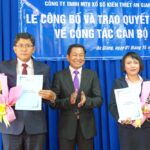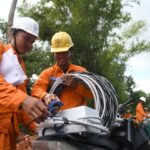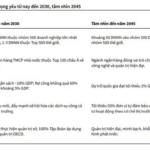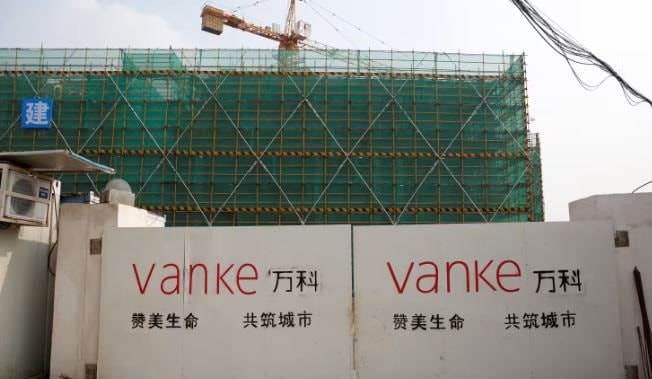
China’s real estate giant Vanke has faced yet another upheaval as its Chairman, Xin Jie, unexpectedly resigned less than a year into his tenure. This development underscores the complex challenges confronting the once-stable pillar of China’s property market.
In an official announcement on October 13, 2025, Xin cited “personal reasons” for his departure. His successor, Huang Liping, a board member and CEO of Shenzhen Metro—Vanke’s largest state-owned shareholder—will take the helm. This transition highlights the deepening turmoil within the company, which has been grappling with severe liquidity pressures.
Prior to his chairmanship, Xin represented Shenzhen Metro, a government-owned entity. His appointment in January 2025 was seen as a move to strengthen state oversight amid Vanke’s financial struggles. This followed the previous leadership’s resignation after reporting record losses for 2024.
Despite hopes that Xin would stabilize the company, his brief tenure of less than ten months reflects the immense pressure from the current financial and operational environment.
Once a symbol of stability, Vanke now faces a staggering debt burden. According to its 2025 mid-year financial report, total liabilities stand at 364 billion yuan (approximately $50 billion), with nearly 43% due within the next 12 months. Fitch Ratings estimates Vanke’s unfinished inventory at 257 billion yuan, contrasted with just 69 billion yuan in cash, revealing a severe imbalance between assets and short-term obligations.
While Vanke retains access to some state bank funding, cash flow remains critically strained. In February 2025, Moody’s downgraded Vanke’s credit rating, citing “high liquidity risk” and “prolonged profit decline.”
Financial pressures are compounded by a sharp drop in sales. In the first half of 2025, revenue fell by over 26% year-on-year to 105 billion yuan. Despite efforts to cut costs and divest assets—including stakes in logistics, shopping centers, and property management—selling assets in a depressed market remains challenging.
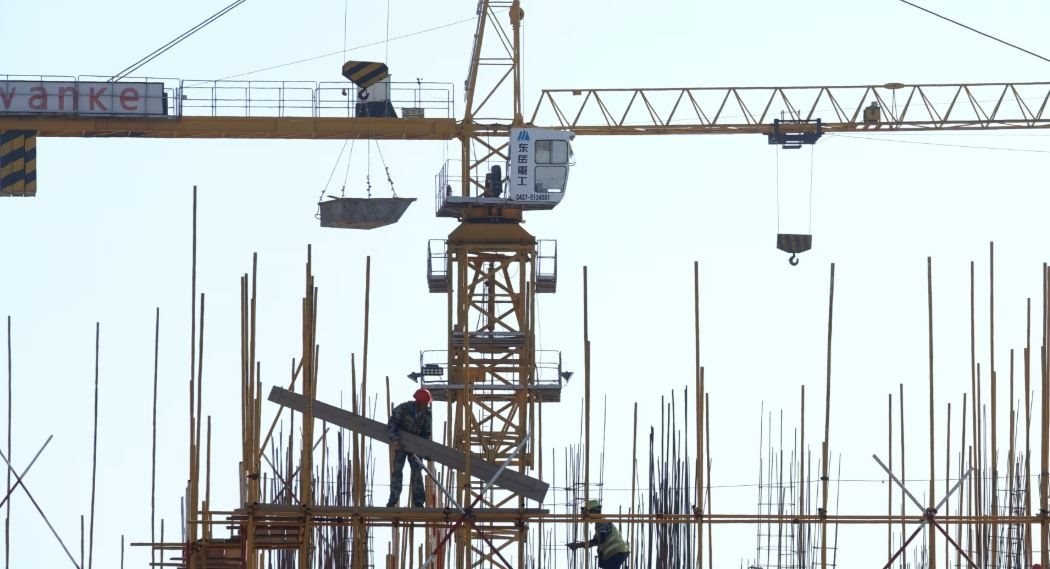
Vanke’s struggles mirror the broader crisis in China’s real estate sector, which has been in decline for over four years. Since the government introduced the “three red lines” policy in 2020 to curb debt, many leveraged developers have faced crises. Evergrande collapsed, Country Garden defaulted, and even Vanke—backed by state shareholders—has not been immune. The key difference is Vanke’s status as “too big to fail,” given its role in urban housing and lower unfinished project ratios compared to private rivals.
To support Vanke, Shenzhen Metro has provided loans and guarantees. The company has also been encouraged to participate in urban redevelopment projects to leverage existing land assets and generate new cash flow. Huang Liping’s appointment as Chairman signals increased state control, aiming to “stabilize finances, ensure home deliveries, and maintain market confidence.”
However, state intervention can only provide temporary relief, not a long-term solution. Analysts like Fitch argue that Vanke’s core challenge lies in operational efficiency, not short-term funding. Amid declining demand, falling prices in major cities, and cautious buyers, revitalizing its massive inventory will require time and innovative strategies.
Xin Jie’s departure is thus more than a personnel change—it signals the need for deeper restructuring. While Vanke insists operations are “normal,” observers believe the company is at a critical juncture: either rebuild market trust through financial transparency and timely project deliveries, or risk losing control like many peers.
Investors hope Huang Liping’s leadership will strengthen ties with local governments and public financial channels, addressing short-term debt and project restructuring.
To reclaim its position as China’s real estate leader, Vanke must go beyond leadership changes. It needs to demonstrate operational efficiency, accelerate home deliveries, control costs, and restore trust among customers and investors.
Ministry of Agriculture and Environment Aims to Maintain 75% Consensus Rate in Land Reclamation
The Ministry of Agriculture and Environment has proposed two scenarios for land reclamation in the project, suggesting that the state can recover the remaining land if the consensus rate reaches either 75% or 85%. The agency favors the 75% threshold as the more viable option.
‘EVN’s Business Outcomes Cannot be Measured by Profit and Loss Alone’
The experts suggest that the Vietnam Electricity Group (EVN), as a business entity within the economy, can justifiably factor in historical losses when setting electricity prices. However, they emphasize the necessity of a thorough audit to elucidate the sources of EVN’s deficits.



